On the hunt for a new workout? 7 waist exercises that top PTs swear by for tightening and toning
Plus, PTs share all the benefits of doing so.
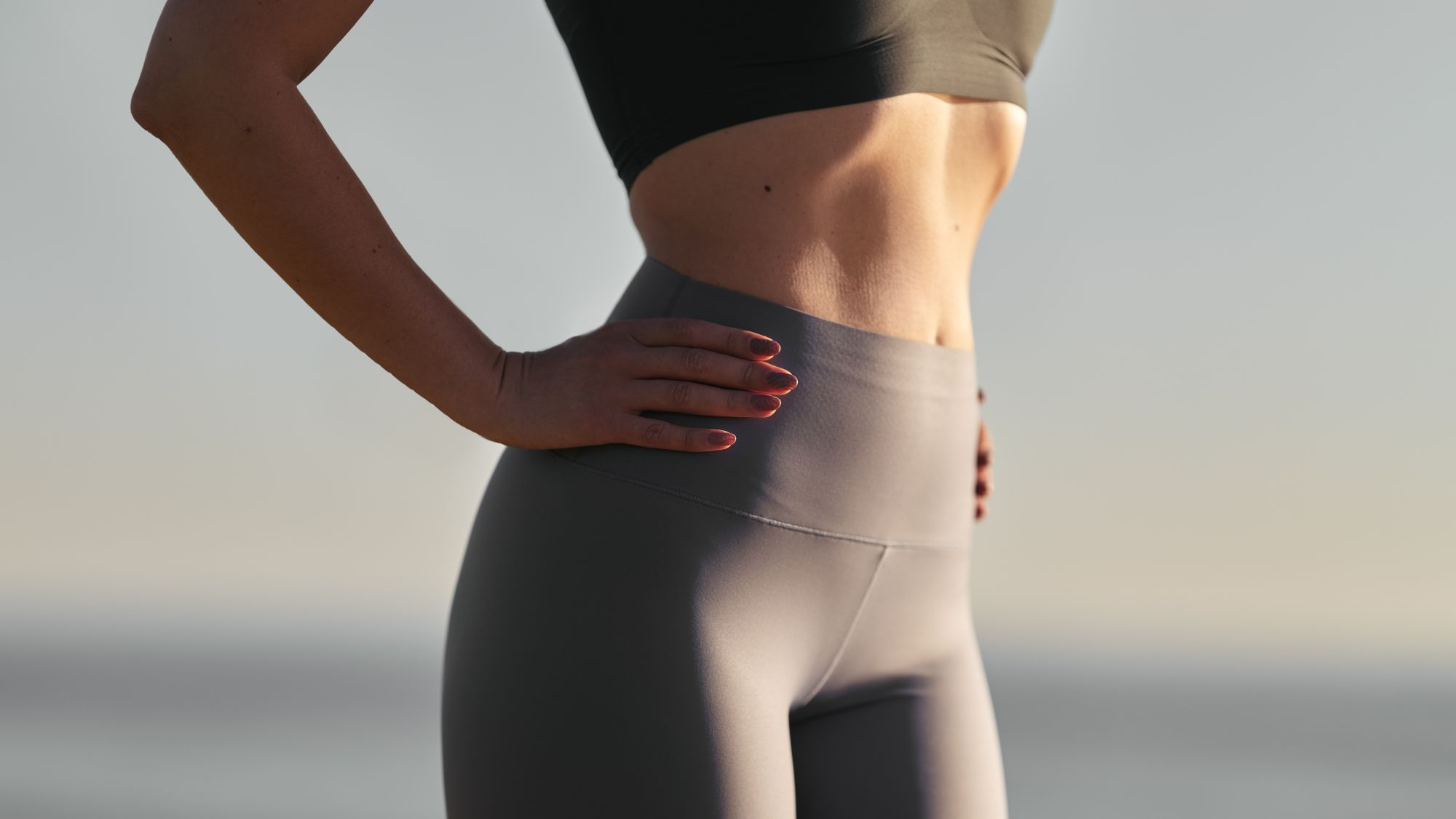

Keen to strengthen and tone your waist? Then look no further, because the PT-approved waist exercises listed in this guide - which will target your core as a whole and, in particular, your obliques - can help you do exactly that.
Many people choose to complete waist exercises for functional goals (we’re looking at you, improved posture, balance and core stability) while others decide to tick off waist workouts for aesthetical reasons. If you’re doing so for the latter, it’s important to know: no amount of side bends, Russian twists or standing oblique crunches alone will help you create a toned waist. Other factors, like genetics, diet and training history all have a part to play.
That said, all this information might leave you wondering: are waist exercises and core exercises the same thing? But as personal trainer Lucy Joslin highlights, they target different muscles in your body. “Waist exercises target primarily the muscles around the waistline and focus on improving the definition of the waist area. While core exercises target the entire torso, not just the abdominal muscles and even include the muscles of the pelvis,” she adds.
To find out the best waist exercises, the benefits of incorporating these moves into your strength training workouts and who might benefit from doing so, keep scrolling. Core workouts more your thing? Discover the best core exercises personal trainers swear by and the top abs exercises for women, plus what happened when one MC UK staffer tried a core workout every day.
Waist exercises: your expert-led guide
What are waist exercises?
As the name gives away, waist exercises are predominantly moves that target this area of your body. But what is defined as your waist? “The waist is situated between the ribs and the hips and is usually the narrowest part of the torso,” says Joslin who also explains that several muscles contribute to its structure and movement.
This includes:
- Rectus Abdominus — so your Abs, which Joslin explains are located along the front of the abdomen and primarily responsible for flexing the lumbar spine.
- Internal and external obliques. Joslin says that these muscles are located on the sides of the abdomen with the external obliques lying on top and tapering from the ribs to the pelvis while the internal obliques lie underneath the external ones. “They collectively function to help rotate the trunk and bend it sideways,” Joslin says.
What are the benefits of waist exercises?
There are many. “Waist exercises help improve your core strength, posture, and overall stability, with the added bonus of a toned waist,” Paola Di Lanzo, OG wellness guru and founder of Paola’s Body Barre explains.
Marie Claire Newsletter
Celebrity news, beauty, fashion advice, and fascinating features, delivered straight to your inbox!
Waist exercises can also help us maintain mobility and balance, reducing the risk of falls and injuries and counter-balance the effects of a sedentary lifestyle.
Who are waist exercises best for?
Essentially, waist workouts are great for anyone looking to tone their midsection. “Waist exercises are great for toning and defining the muscles around your abdomen and obliques, helping you achieve a more sculpted appearance,” Di Lanzo says.
They are also a non-negotiable for those wanting to improve core strength. That’s because: “Waist exercises target the core muscles, including the rectus abdominis, transverse abdominis, and obliques, which support your spine and pelvis,” Di Lanzo informs us.
But specifically, waist exercises can also help:
- People who suffer with back pain: “Strengthening the core muscles can help alleviate back pain by providing better support for the spine and improving posture,” Di Lanzo adds. And science agrees. One 2022 research paper, published in the International Journal of Sports Physical Therapy found that core stabilization exercises, can be considered a ‘favourable method’ for treating non specific lower back pain.
- Athletes and fitness fans: Research tells us that there is a link between core stability exercises and better athletic performance. But how so? “Waist exercises enhance overall athletic performance by improving power transfer and stability during sports movements,” Di Lanzo reveals.
- Postnatal women: “Waist exercises can even aid rehabilitating and strengthening abdominal muscles that have been stretched and weakened during pregnancy,” the expert says.
7 best waist exercises, chosen by PTs
1. Pilates Hundred
What? One of the OG Pilates moves. This classic exercise, will see you lie on your back with your legs lifted off the ground and you'll need to 'pump' your arms up and down while breathing in for five counts and out for five counts.
Why? “I love this classic Pilates exercise as it engages the entire core, including the waist,” Di Lanzo says. Just remember: “Keep your core engaged throughout and particularly on the out-breath.”
How long? 5-10 repetitions.
How to:
2. Criss-Cross Crunches
What? Think of this like a souped-up crunch. But instead of just crunching, you'll need to twist your torso, keeping your elbows wide and bringing the opposite shoulder towards the opposite knee whilst extending the other leg out straight.
Why? “This exercise works the obliques and rectus abdominis,” Di Lanzo notes.
How long? 5-10 repetitions
How to:
3. Side Bend
What? A nice deep side stretch you'll hold while propping yourself up with your hand and legs.
Why? This will help to strengthen the muscles along the sides of your waist and back, while giving your flexibility a boost.
How long? 5-10 repetitions
How to:
4. Russian Twists
What? A classic strength training move that works your abdominal and trunk muscles. This can be done with your bodyweight or with added weight in the form of a kettlebell or dumbbell.
Why? This move will condition your ab muscles and obliques, along with your upper back, shoulders and hip flexors.
How long? 5-10 repetitions
How to:
5. Standing Oblique Crunches
What? Similar to standing oblique twists, which we listed in our guide to the best standing core exercises, standing oblique crunches will see you bring your elbows and knees together.
Why? “The standing oblique crunch is a great exercise for targeting and strengthening the oblique muscles, which run along the sides of your waist,” Di Lanzo says. “This exercise helps to improve core stability, enhance posture, and define the waistline.”
How long? 5-10 repetitions of each exercise and gradually increase as your strength increases.
How to:
6. Side plank
What? Ah, the humble plank. Now, you might have already mastered this compound move but, as its name suggests, this exercise will see you turn your plank on its side.
Why? “The muscles targeted are obliques and secondary engagement of the rectus abdominus and lower back,” Joslin says.
How long? Hold for 30 seconds each side and repeat three times.
How to:
7. Bicycle crunches
What? Done an ab crunch before? A bicycle crunch is a variation of that and will see you use a cycling motion with your legs as you rotate your core, bringing your elbows to your knees.
Why? “The muscles targeted are rectus abdominus, obliques and hip flexors,” Joslin says.
How long? Start with 20 reps and repeat three sets.
How to:
Shop MC UK's go-to workout kit now:
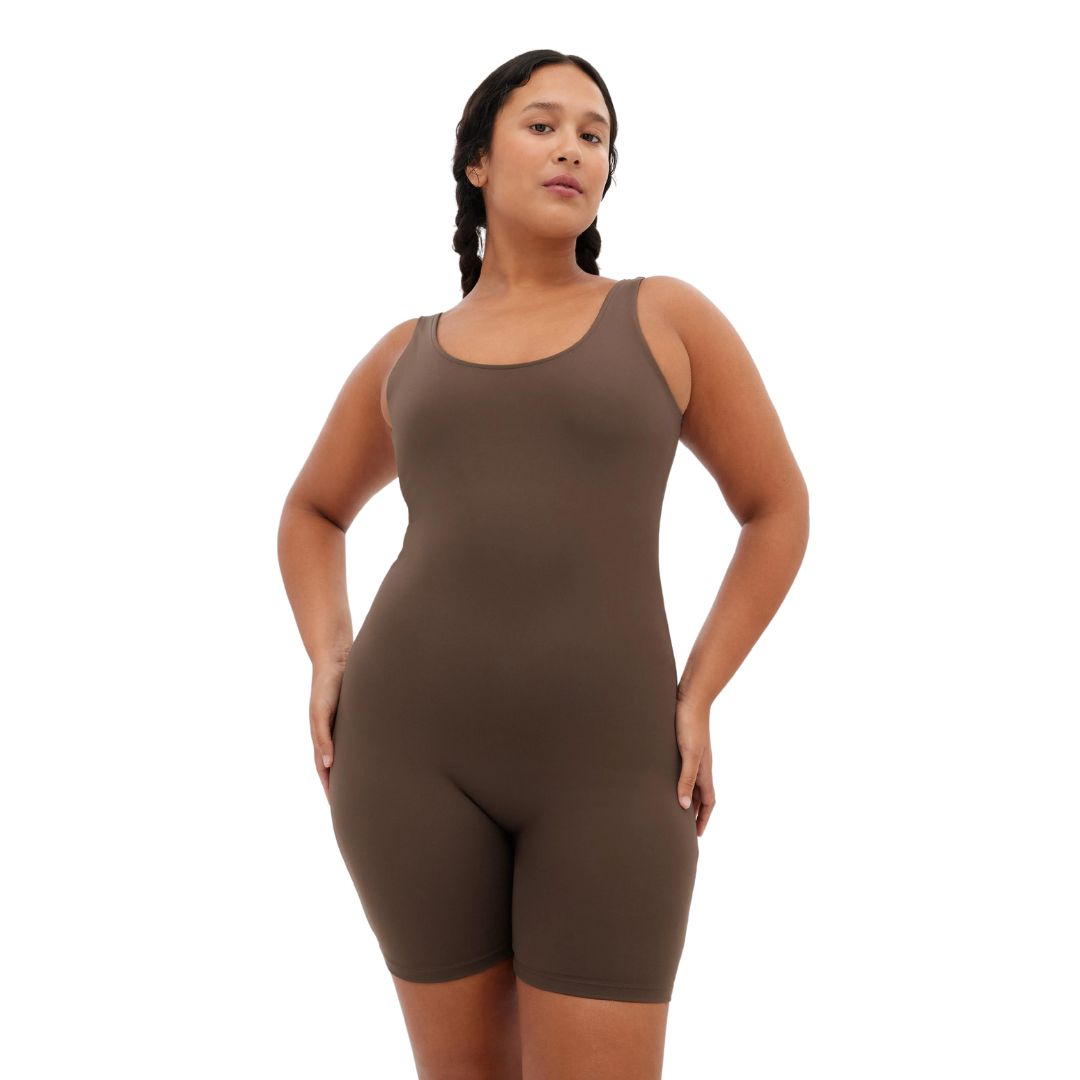
Lost your exercise mojo? That’s where a new gym set can help. Enter: this unitard, which will be just as comfy completing a waist workout as it would while making your way to a post-exercise brunch. Made from 79% recycled water bottles and 11% spandex, what’s not to love?
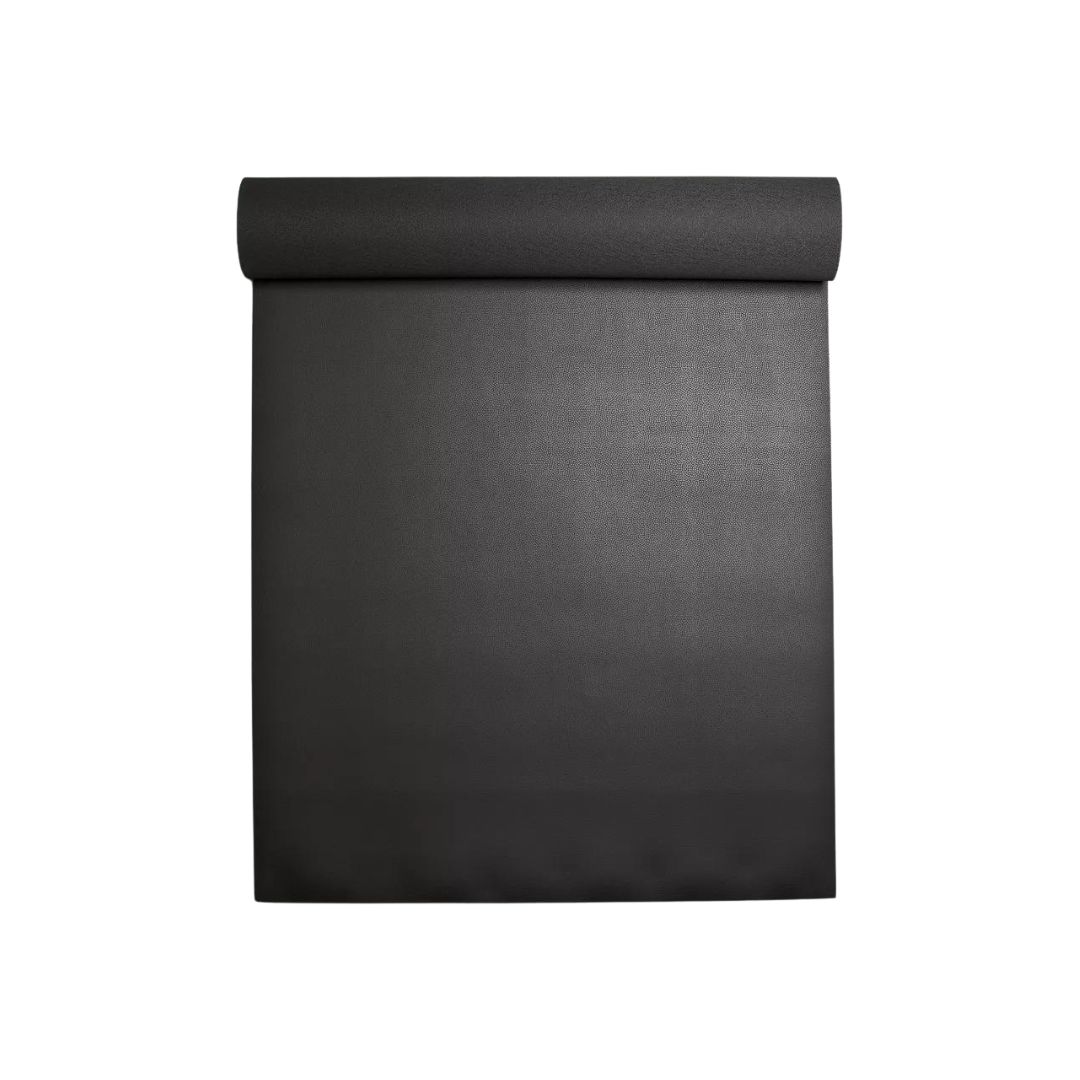
Cushion your joints as you work your way through your waist exercises with this buttery soft mat which comes with 4mm of thickness. Then, once you’ve finished, use it for your morning yoga flows as the line markings will help with your alignments.
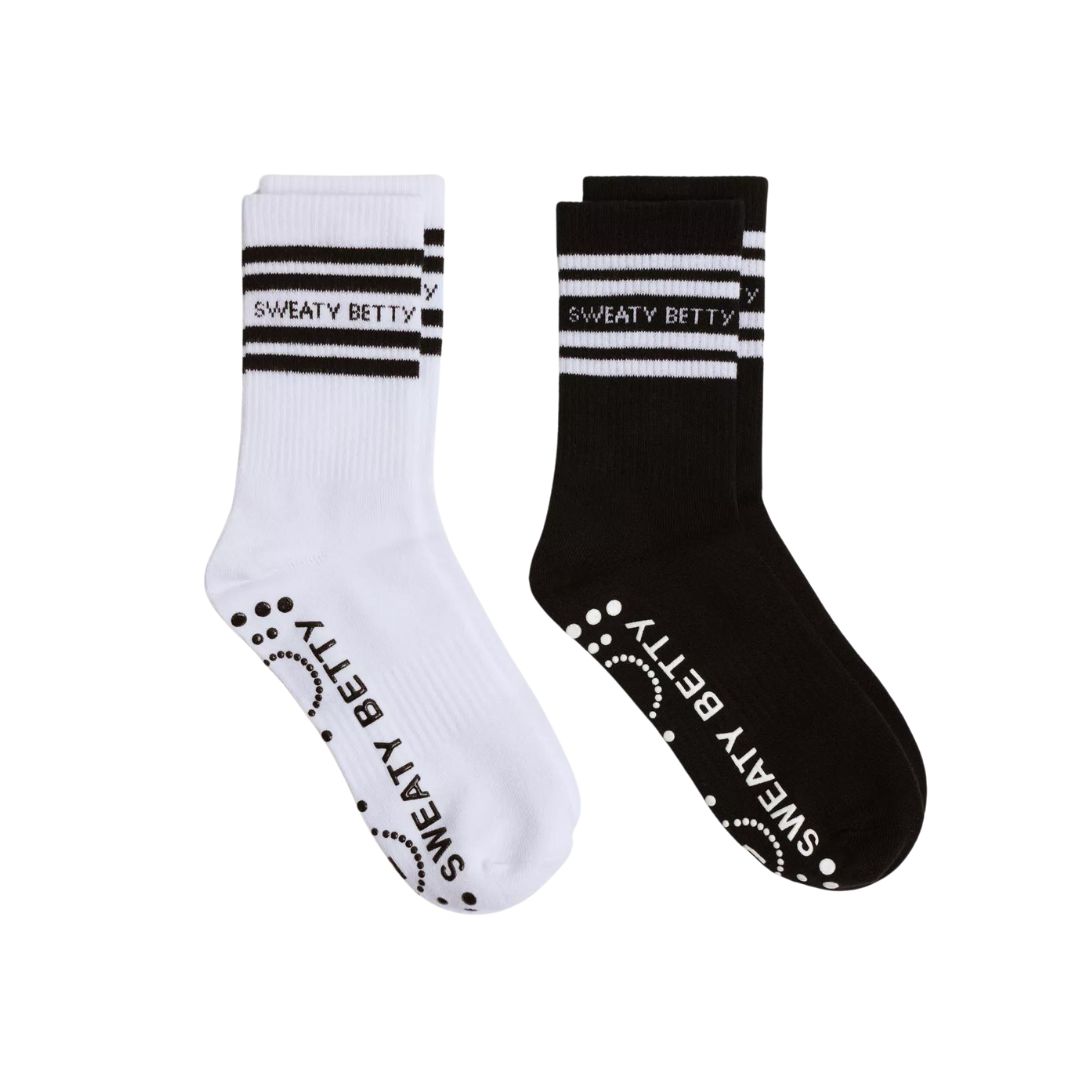
Practising your waist exercises at home, without any trainers? It’s a good idea to pop on some grippy socks to help you perfect your form. These Sweaty Betty’s gripper socks will stop you from slipping and sliding mid-exercise.
How can I tighten my waist fast?
When it comes to strength training and toning your waist, there is no magic formula or quick hack. As Lucy Joslin, personal trainer, explains: “Diet and lifestyle have to be taken into account. That said, [waist exercises] will make a structural difference in strength and one's ability to move freely and reduce the risk of injury.”
So your best bet is to adopt a balanced diet and ensure you’ve got a manageable training plan in place. “If the diet is good and these exercises are being included into an already established fitness routine or healthy lifestyle then you can expect to notice small differences in as little as a month, and more visible differences will probably take up to three,” Joslin says.

Rebecca, or Becks, is a freelance journalist with more than ten years of experience in the industry. She specialises in all things health and lifestyle and has written for a number of brands including Women's Health, Stylist, the Evening Standard, Good Housekeeping, The Telegraph, Live Science, Tom's Guide and Fit&Well. Becks also writes copy for a number of brands and small businesses.
When she's not weight training, tracking down the best gym leggings, reading a book or at her desk typing away, you'll find her in the kitchen perfecting a new recipe or bake.
-
 Jonathan Anderson is going to Dior Men
Jonathan Anderson is going to Dior MenHis debut collection will be this June
By Mischa Anouk Smith
-
 I'm a 2025 bride and these are the best affordable wedding dresses I've found
I'm a 2025 bride and these are the best affordable wedding dresses I've foundLess than £1,000 but still the height of chic
By Sofia Piza
-
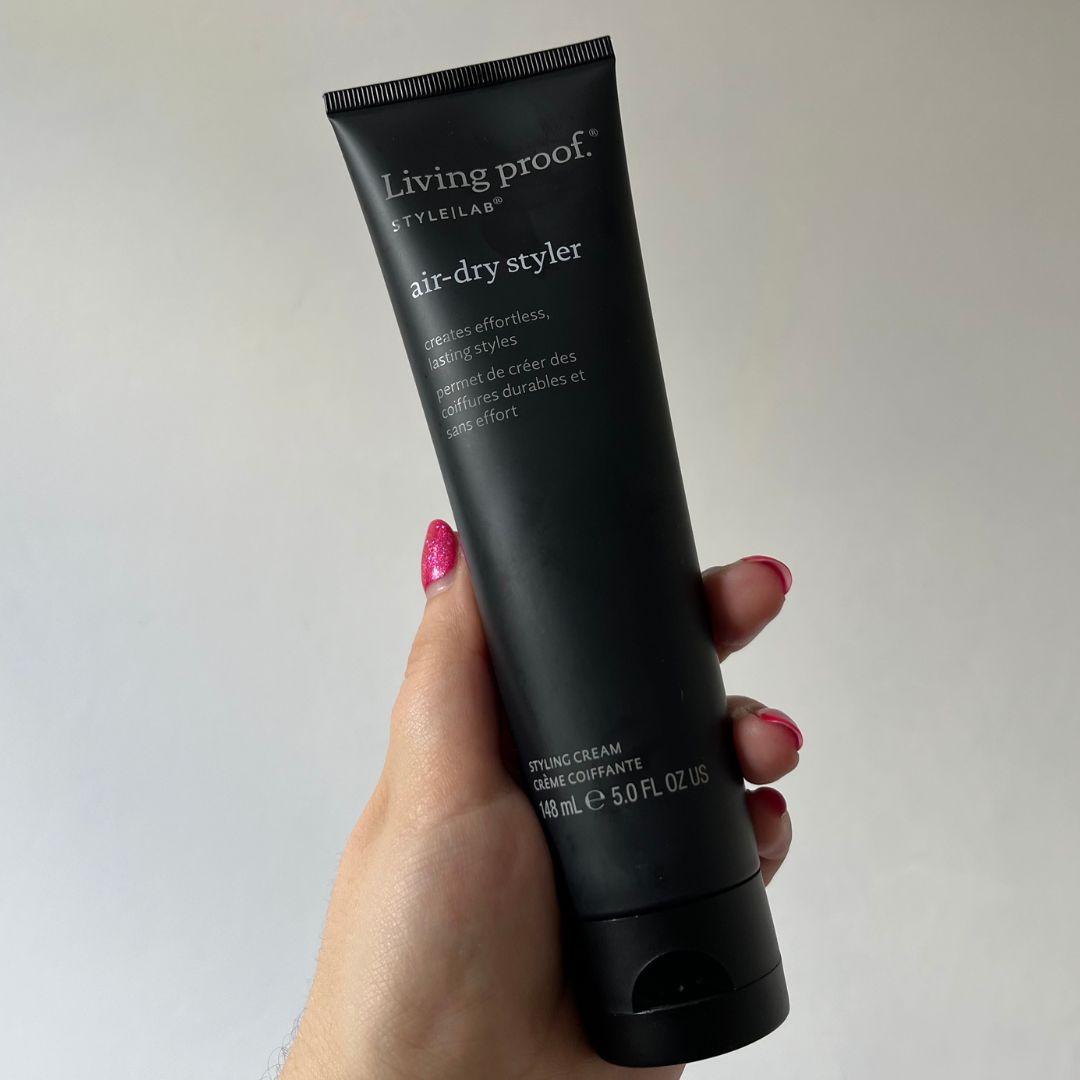 I haven't worn my hair completely natural for years, but this air-dry styling cream has made me love my waves again
I haven't worn my hair completely natural for years, but this air-dry styling cream has made me love my waves againI will never be without this
By Amelia Yeomans
-
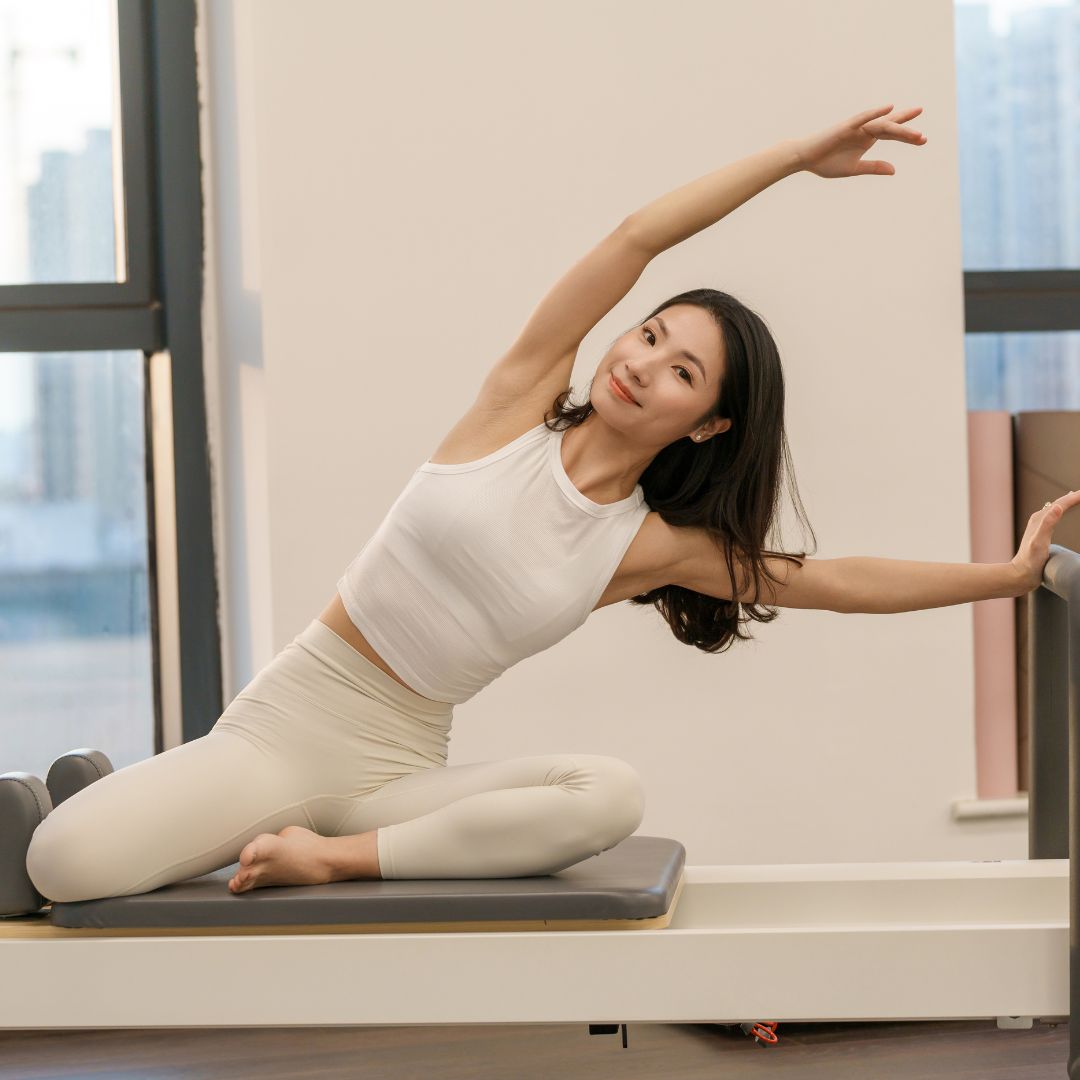 Eager to build a strong, stable core from home? 7 advanced Pilates core exercises that coaches do themselves
Eager to build a strong, stable core from home? 7 advanced Pilates core exercises that coaches do themselvesStability, strength *and* control? It's a yes from us.
By Anna Bartter
-
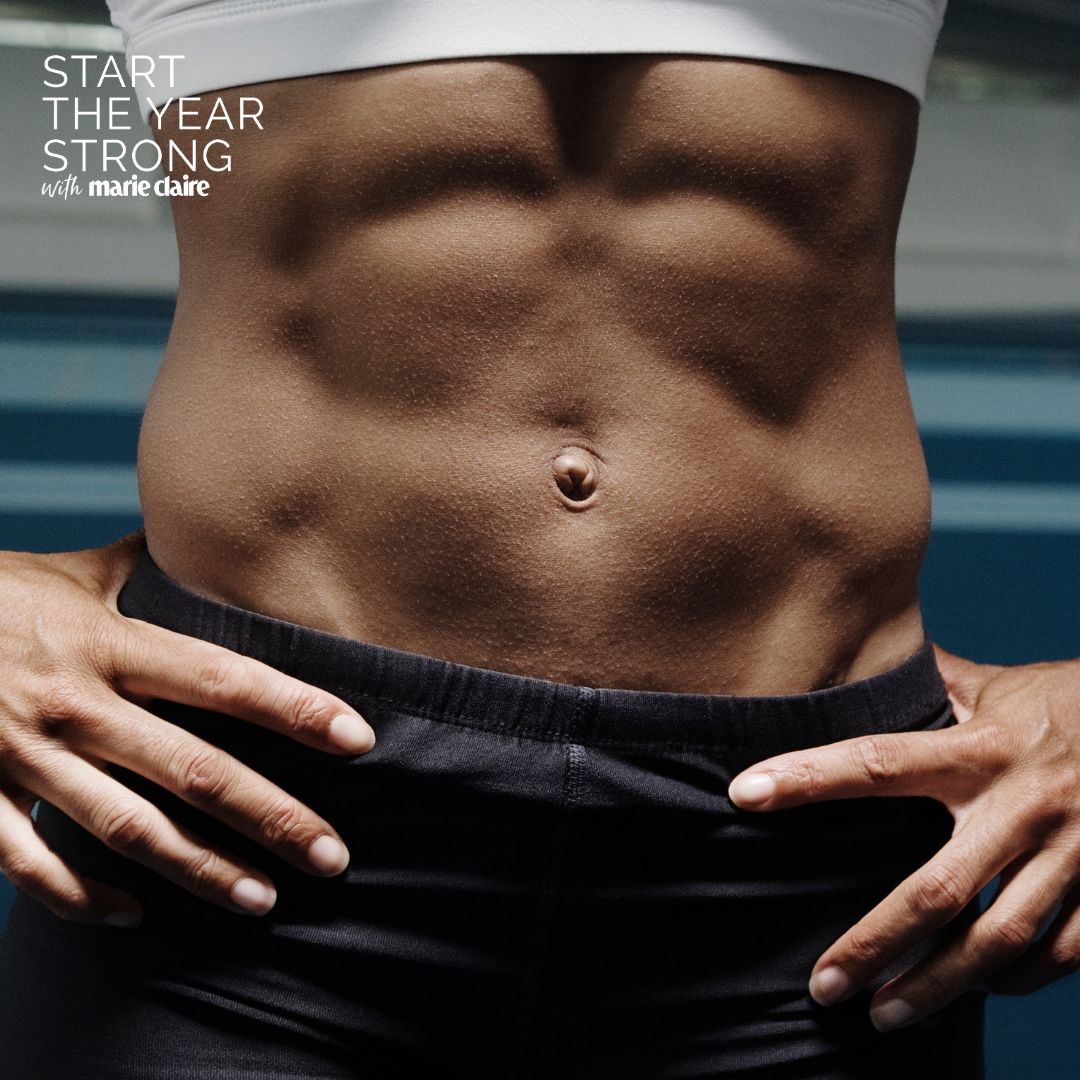 Yes, you can build strength from home - thanks to a PT's 7 most effective core exercises of all time
Yes, you can build strength from home - thanks to a PT's 7 most effective core exercises of all timeStay-at-home strength and stability? We're all in.
By Anna Bartter
-
 Tired of boring core workouts? Transverse ab moves make fitness fun and build deep core strength - 5 to try
Tired of boring core workouts? Transverse ab moves make fitness fun and build deep core strength - 5 to tryEngage those deep core muscles without a crunch in sight.
By Anna Bartter
-
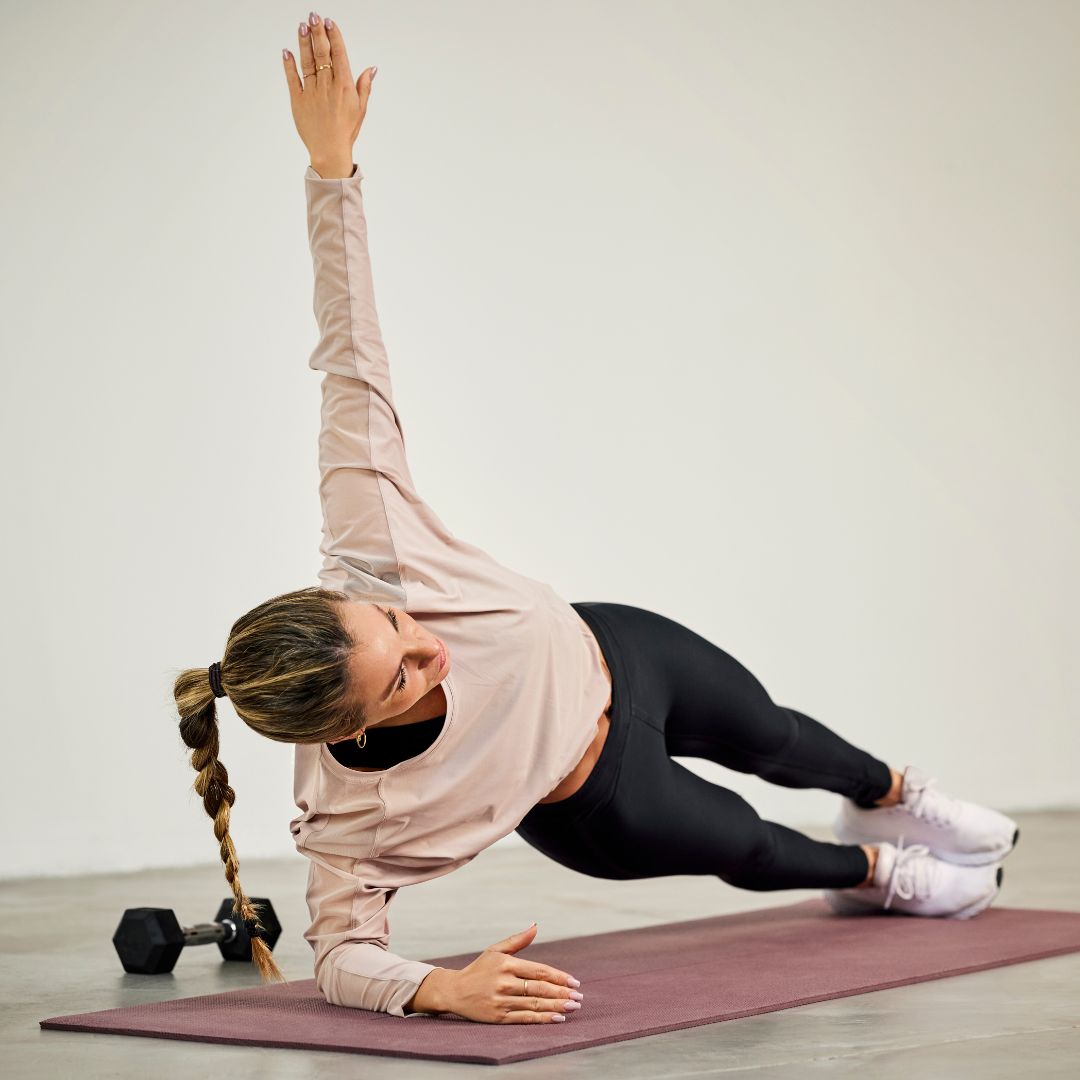 You don't need hours or a gym to build core strength - 7 PT-approved ab home workouts under 30 minutes
You don't need hours or a gym to build core strength - 7 PT-approved ab home workouts under 30 minutesAbs of steel, coming your way.
By Anna Bartter
-
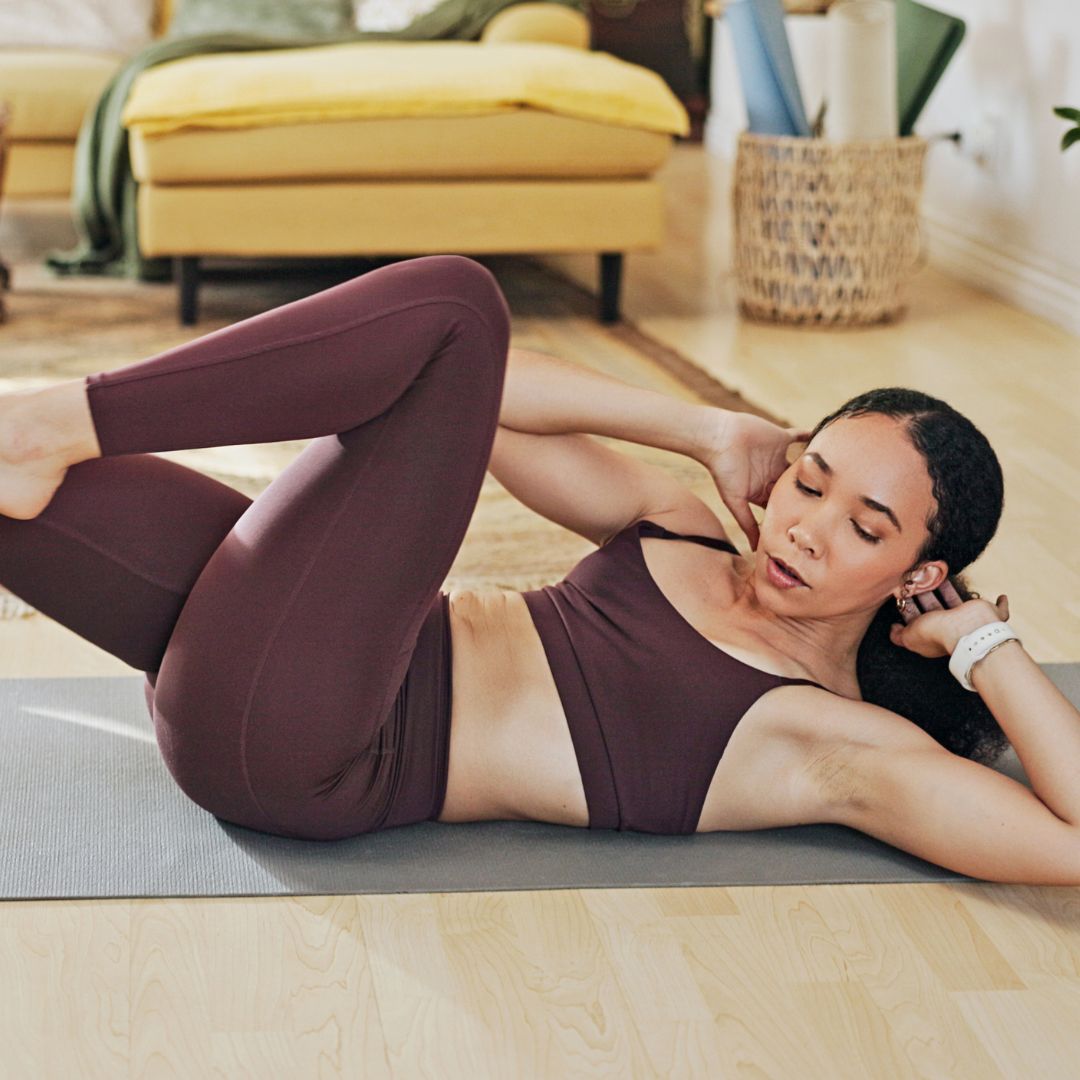 No time? No problem - 7 best home workouts you can do to boost core strength in under 20 minutes
No time? No problem - 7 best home workouts you can do to boost core strength in under 20 minutesPrepare to work those abs and obliques.
By Anna Bartter
-
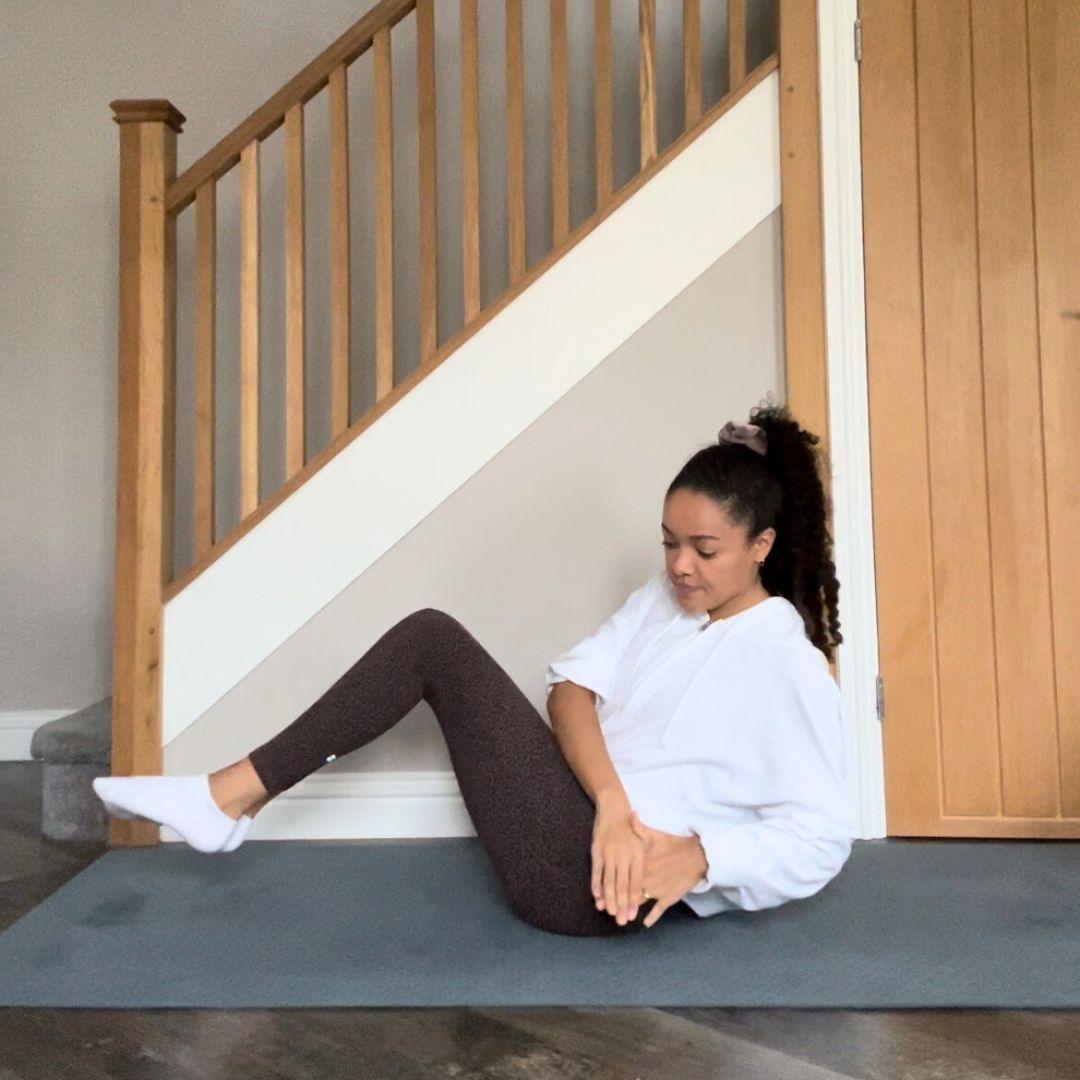 I tried the viral Daisy Keech ab workout with 61M views – here's why I definitely wouldn't recommend it
I tried the viral Daisy Keech ab workout with 61M views – here's why I definitely wouldn't recommend itNot a fan of crunches? Look away now.
By Rebecca Shepherd
-
 Keen to boost muscle? Hula hoop workouts are trending for good reason - 5 best to try, chosen by a PT
Keen to boost muscle? Hula hoop workouts are trending for good reason - 5 best to try, chosen by a PTIt's time to move those hips.
By Anna Bartter
-
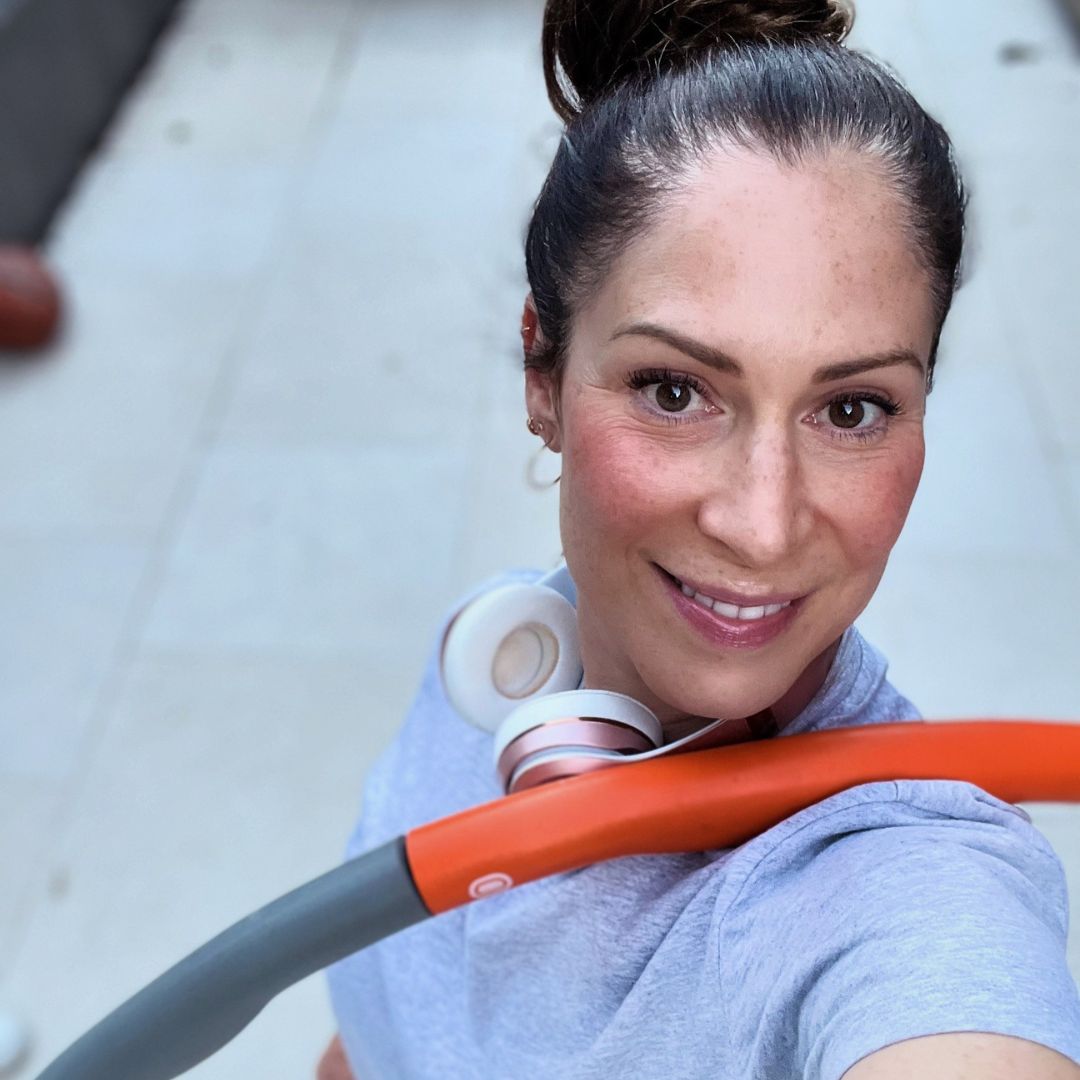 I used a weighted hula hoop every day for a week - and couldn't believe how tough it was
I used a weighted hula hoop every day for a week - and couldn't believe how tough it wasTikTok made me do it.
By Anna Bartter




